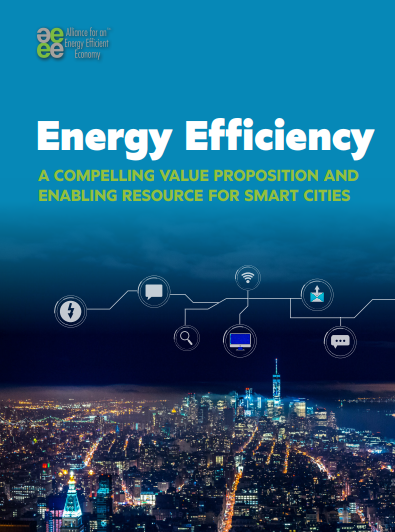This thought-leadership paper is an effort to position energy efficiency as a significant enabler
- a) to reduce the GHG emissions footprint of cities and
- b) to act as a glue to integrate traditional, intelligent, and digital technologies with the modern fabric of the smart cities.
It starts by providing the background and motivation for this paper before describing the enabling policies and guidelines of the Government of India for its flagship Smart City Mission. Subsequently, it has an overarching framework that captures how a traditional city can be transformed into a smart city. It then showcases an “energy efficiency value creation framework” that pulls together the types of habitat, expectations, objectives, and the ways the three core stakeholders (the government, the private sector, and the civil society) to give impetus to a city transformation initiative. Identifying the four key constituting elements of a smart city, this paper shares examples of how private sector players have contributed to the shaping of different smart cities globally. Lastly, the paper closes with suggestions on how private sector players could review their internal organisational capabilities to compete successfully in the multi-billion dollar smart cities market.
